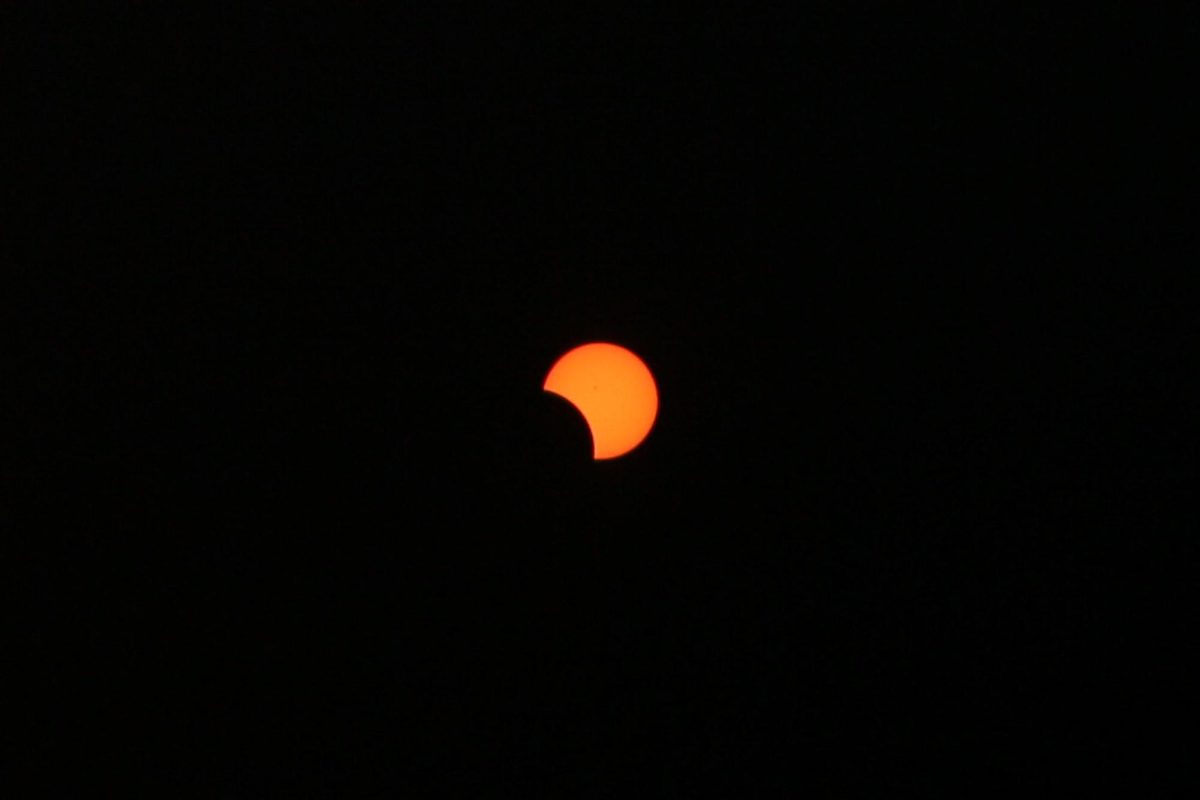
In 1996, California passed its first medical marijuana law. When Angel Raich of Oakland, Calif. faced federal interference, she took the case to the Supreme Court in Gonzales v. Raich, claiming that the Tenth Amendment to the Constitution allowed the California law to supersede the federal law. Ultimately, the Supreme Court ruled in favor of the federal government, but the Drug Enforcement Agency chose to keep its influence to a minimum, shutting down only medical marijuana dispensers that were in direct violation of specified policies.
This time, with the new marijuana legalization proposition on the ballot, California will be taking a direct stance about the legality of possessing marijuana. This means that the Supreme Court might need to react to the inherent conflict between state and federal law that could be created.
“It kind of goes both ways because the conservative members of the Supreme Court right now are the ones you would think socially would be against marijuana legalization, but those are also the biggest guys who are advocating states rights,” U.S. Government teacher Benjamin Recktenwald said.
Recently, the Obama administration established a firm stance against Proposition 19. Attorney General Eric Holder stated that the DEA would vigorously persecute recreational marijuana users regardless of whether their activities are legal in California or not. The mounting pressure from Mexico’s president Felipe Calderon and former members of the DEA have aligned the federal government to go against Proposition 19.
Regardless of the possibilities, all of these further developments all depend on one thing: how the California voters feel regarding Proposition 19. If the proposition does not pass, marijuana will continue to be a federally controlled substance in California and in the other 49 states of America.






















